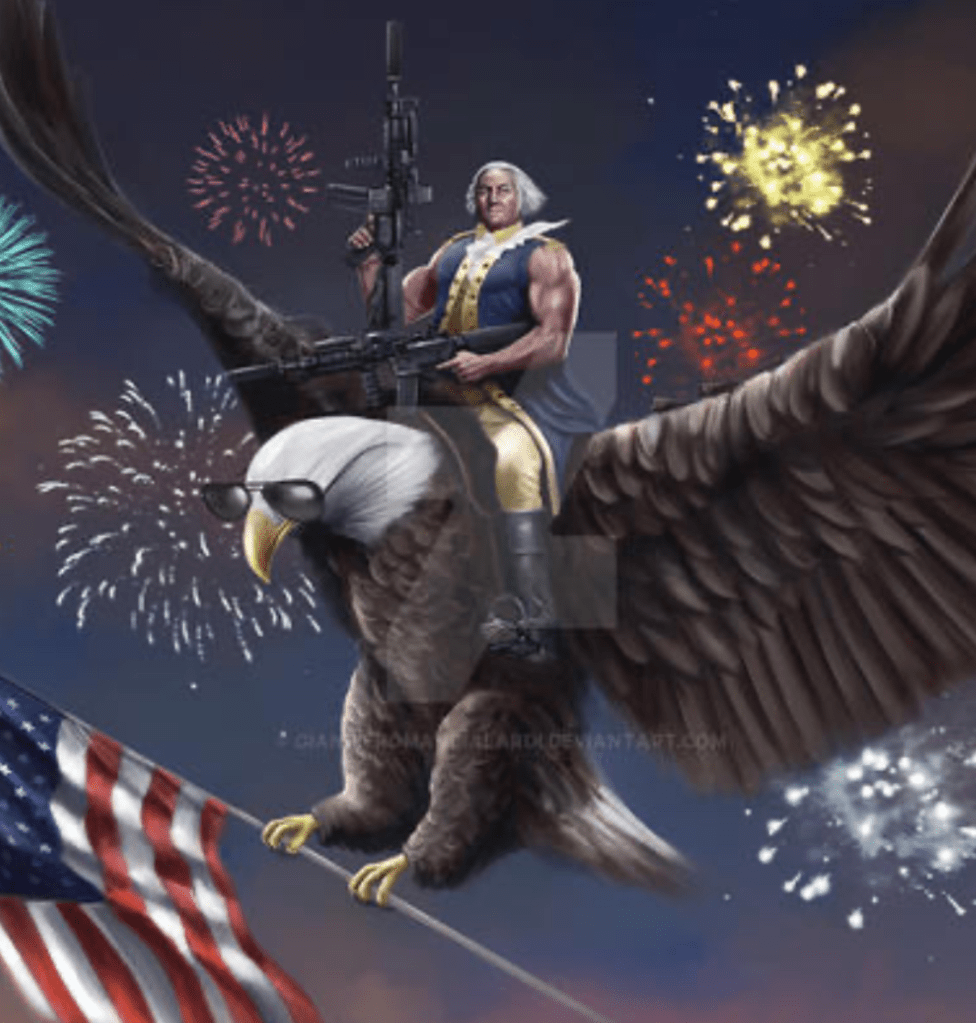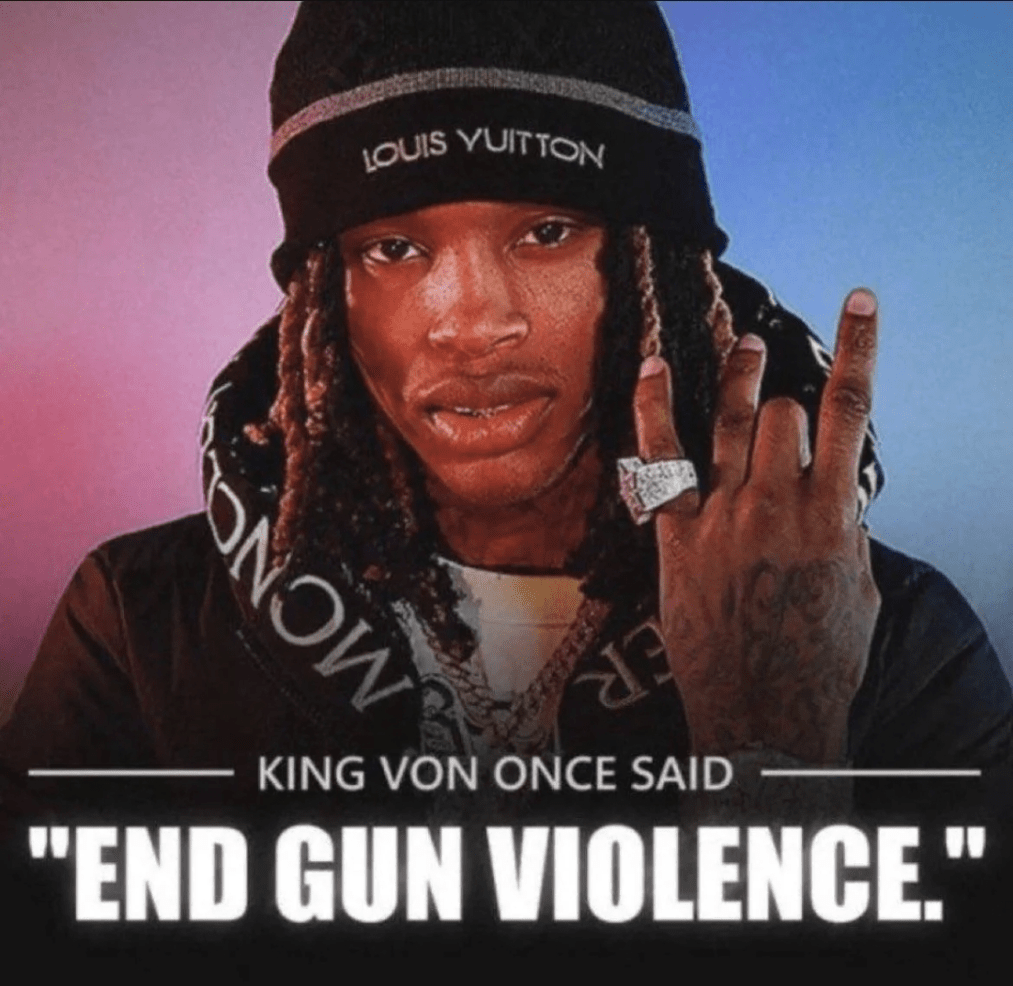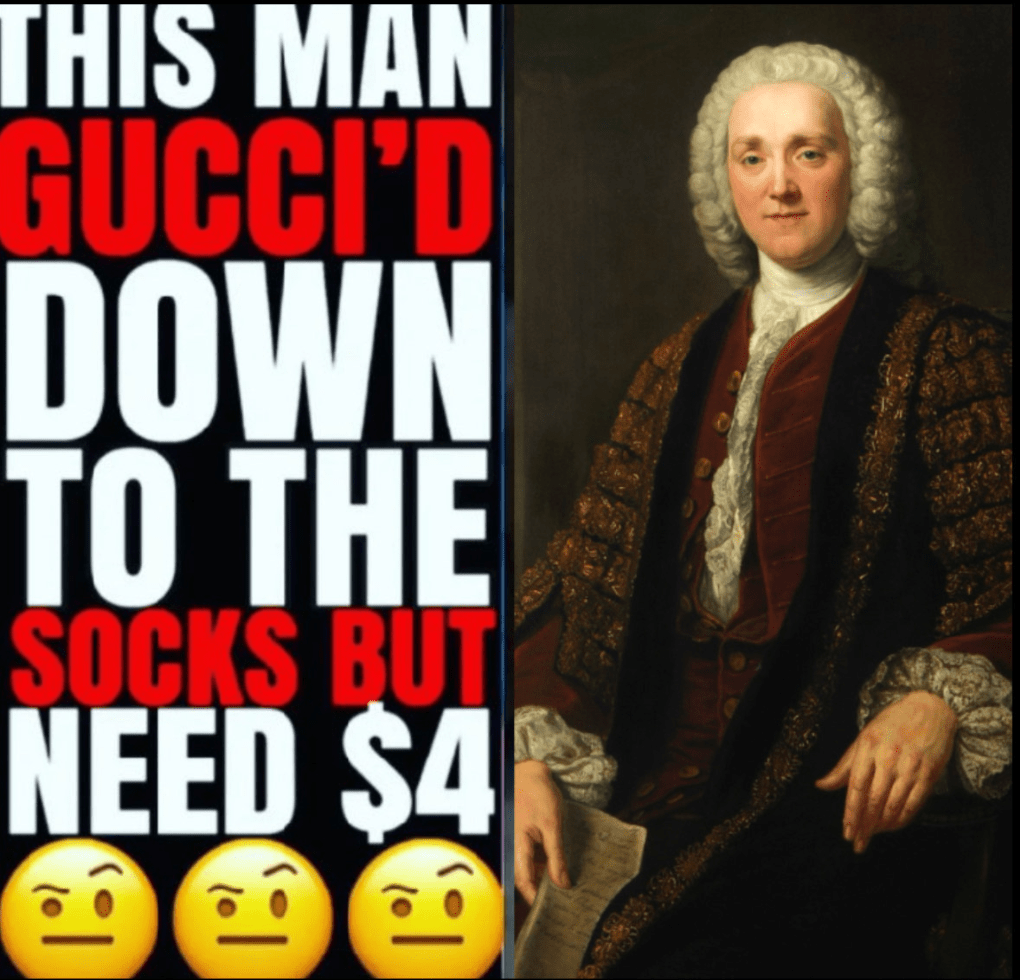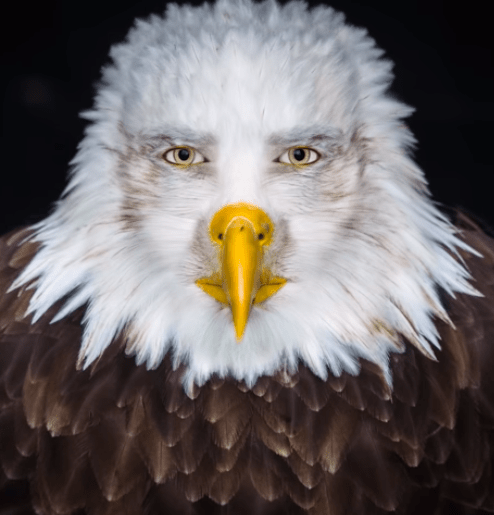George Washington
man you know who george washington is
Founding father, revolutionary, first president, set the precedent for future presidents and leaders, etc etc, enlightenment thinker

Federalist Papers
A series of 85 articles advocating for the ratification of the U.S constitution and a strong central government. They were authored by James Madison, John Jay, and Alexander Hamilton.
The Boston Massacre
A violent skirmish between British soldiers and colonists in Boston, it took place during a time of growing tension due to direct taxes on the colonists. Five Americans were killed, and anti-British sentiment grew.
The Stamp Act
 The first direct tax on the colonies from Great Britain, forcing colonists to pay taxes on all paper documents. Colonists perceived the tax as extremely unfair, arguing that there is "No Taxation Without Representation"
The first direct tax on the colonies from Great Britain, forcing colonists to pay taxes on all paper documents. Colonists perceived the tax as extremely unfair, arguing that there is "No Taxation Without Representation"
Election of 1800
The first peaceful transfer of power in the U.S. Democratic-Republican Thomas Jefferson won against Federalist John Adams, the previous president. The election included the first electoral college tie, with the HOR electing Jefferson over Burr.
Alexdander Hamilton
A founding father and the first secretary of the treasury. He was a federalist and peddled a strong federal government, for example, he heavily promoted the National Bank.
Louisiana Purchase
A U.S purchase of 828,000 square miles of land from France, doubling the size of the country and creating new opportunities for expansion. The purchase was carried out by Jefferson despite the power to do so not being explicitly laid out in the constitution.
Philadelphia convention
A convention convened in Philadelphia to address the issues with the governing system at the time, particularly the weakness of the AoC. The convention eventually resulted in the drafting of the Constitution.
The 3/5 Compromise
An agreement made during the Constitutional convention stating that enslaved Americans counted as 3/5 of a person when counting population for representation and taxation purposes, therefore giving Slave states more power in congress
Bill of Rights
The first amendment to the constitution, it guaranteed the protection of natural rights and liberties. It was created in order to appease Anti-federalists, whose support was needed for ratification of the Constitution.
Thomas Jefferson
The third president, serving as a Democratic-Republican, and the primary author of the Declaration of the Independence. He also orchestrated the Louisiana Purchase.
Second Continental Congress
A gathering of delegates from the 13 colonies held in Philadelphia following the beginning of the Revolutionary War. The congress acted as a governing body during the Revolutionary War, and (um declaration of independence?)
XYZ Affair
A diplomatic incident between France and the U.S under John Adams. On their trip to France, U.S officials were stopped by French agents who demanded bribes. When the news reached the U.S it lead to mass outrage. It eventually lead to a military conflict between the two countries known as the Quasi-war
also alien & sedition
The Great Compromise
A combination of two proposed plans for congressional representation. It formed a bicameral legislation, with the House of Representatives being represented proportionally by state population, and the Senate being represented equally.
Anti-Federalists
A political coalition who opposed the ratification of the Constitution due to fear of tyranny and residual anti-monarchy sentiment. Key figures include: Patrick Henry, Samuel Adams, John Hancock
NOT A POLITICAL PARTY!!!!!!!!!! U GET NO CANDY IF U SAID IT WAS A PARTY!!!!!!!!
James Madison
The fourth president and a founding father. He took a main role in authoring both the Federalist Papers and Constitution. He was also notably involved in the landmark case of Marbury v. Madison.
Washington's Farewell Address
Shay's Rebellion
A violent uprising in Massachusetts of citizens in response to a debt crisis and high taxes. While the rebellion was eventually quelled, it represented the inability of the Articles of Confederation to address similar incidents.
Alien & Sedition Acts
Four laws passed by the Federalist congress during the war with France, they aimed to restrict immigration, foreign influence, and free press. The acts ultimately ended up growing support for the opposing Democratic-Republicans.
Marbury V. Madison
A key supreme court case under Judge John Marshall which established the principle of Judicial Review. The constitution was now considered law, and courts could declare the acts of other government agencies unconstitutional.
John Adams
A founding father, the first vice-president, and the second president as a Federalist. He played a key role in helping the U.S gain independence, as well as shaping the governing standards of the country. He was president during the XYZ affair and subsequently passed the Alien & Sedition Acts.
Northwest & Land Ordinances
Two ordinances which sought to deal with the Western territory of the U.S. The Northwest Ordinances established a system for new states to enter the union, and the Land ordinance created a system for exchanging western land by using a grid system.
northwest = thomas jefferson
Battle of Fallen Timbers
A conflict between colonists and natives near modern-day Ohio. The conflict followed two colonial losses against the Natives, so it was celebrated as a monumental victory for the colonists once they won. It was led by Anthony Wayne, and settled disputes over the Ohio territory.
Jay's Treaty
A post-revolutionary treaty which aimed to ease tensions between the U.S and Great Britain. Although the treaty did manage to prevent war until 1812, it increased internal divisions between the pro-treaty Federalists and anti-treaty Democratic-Republicans.
The color of George Washington's thong
 Red, white, and blue
Red, white, and blue